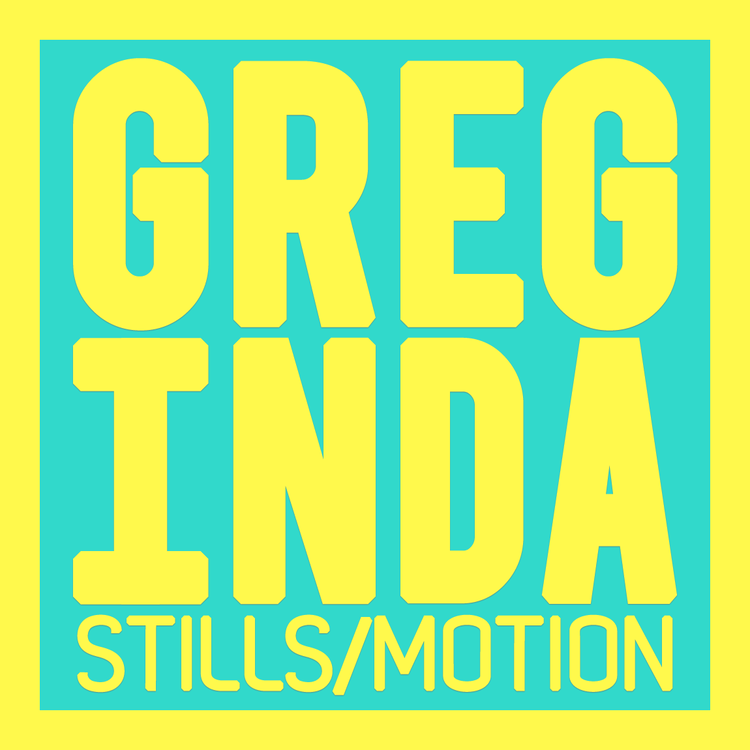Prereq: This ted.com video talk by Jason Fried called "Why Work Doesn't Happen At Work." Just over 15 minutes.
So the long and short of the video is that work is like sleep. When we sleep, we slip from one sleep stage to the next. You can't rest your head on the pillow and start your REM stage, you have to pass through other stages to get there. And if you’re woken up, you re-start at the beginning. Work is no different. You can't clock in, sit at your desk, and be brilliant. You’ve got to meld into your work and focus at a deeper level. And you can't do that if you're interrupted every 5 minutes with unrelated issues to solve. If you work retail or you're an administrative assistant you have probably run up against this.
Allowing yourself time and space to focus on your work at a deeper level is beyond valuable. When editing photos, I'll settle into my own world away from distractions. Turn off my phone, close my internet browser, and turn on some music that I’ve marked as white noise. Then I can really get into a file and go through all the minutia of cleaning it up. Removing sensor dust or moving a hair ever so slightly. It becomes relaxing once you get really immersed. In the same way that driving out on the open road is more relaxing then bumper to bumper traffic.
So now what about you getting your picture taken? Would it surprise you to learn that most people are nervous about getting their picture made? Thinking about how a headshot will generate work, thinking about all the people who will be looking at it and judging it. It really clouds your mind and offers ample distraction to keep you from achieving great work. Or to put it differently, once you give yourself over to judgement you are taken out of the moment. You're on the outside looking in. Imagine trying to drive a car from the outside. That's not driving, that's pushing. Consider this, if you're outside of the moment you can't live that moment truthfully.
So picture all the thoughts you have in front of the camera. "Am I doing this right?" "Is there lipstick on my teeth?" "How obvious is my pimple?" Each one is a distraction that takes you out of the moment. And every time you stop, you have to restart. These thoughts are actively inhibiting you from creating amazing images.
 Self Portrait from when my hair was at the absolut longest and worst it's been in 14 years.So how do you combat this?
Self Portrait from when my hair was at the absolut longest and worst it's been in 14 years.So how do you combat this?
1) Accept that as you stand in front of the camera, you are who you are. We all wish pimples didn't pop up the day of a photoshoot, but that's life. The more you try to hide it, the more focus you're going to bring to it. In post production I can edit out a pimple, but I can't edit your feelings towards that pimple. Accept it and move on.
2) Make bold choices. If you want to smile in the shot, smile. If you want to stick out your tongue, commit to it. If something doesn't work, the image gets deleted and we move on. There is NEVER A REASON NOT TO TRY SOMETHING. Following your inspiration in the moment IS living the moment. And that's when the real "you" comes out. Be silly. Be stupid. Enjoy yourself. Peter Gwinn, an improv teacher I studied under, once said "If you arn't having a good time, do something immediately that makes you happy."
3) Focus on the task at hand. When you're in front of the camera you're a participant in the act of producing something. Which means some of the responsibility falls on you to follow direction and learn how to make every shot better than the last. It means paying attention and putting a value on your time commensurate to the product you hope to produce. As they say, you can lead a horse to water but you can't make him drink. I'm very thirsty, and if you take me to the trough I'll guzzle it down.
It boils down to this. Together we can produce amazing images. When we push distractions aside and relax into the process, we get to a place where magic happens. As a photographer and artist, that's where I want to spend my time.

